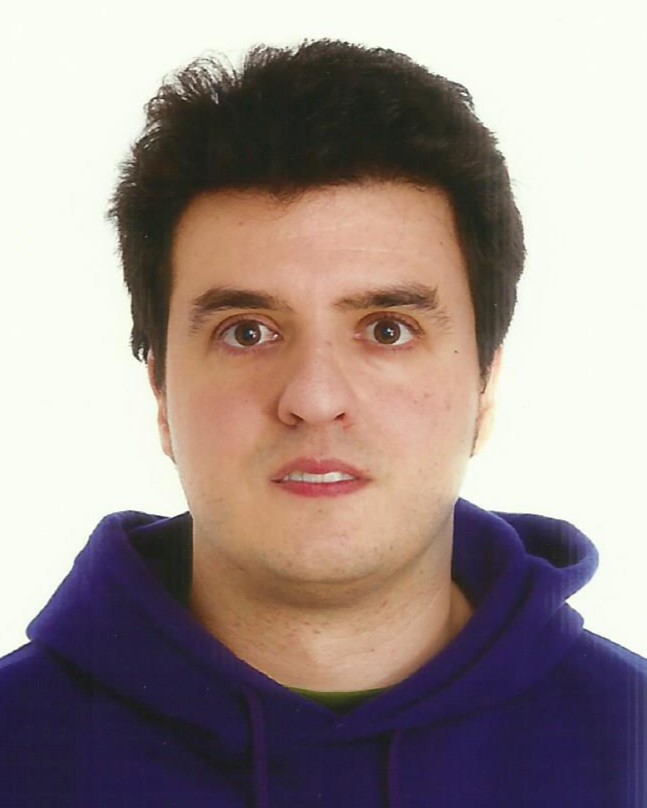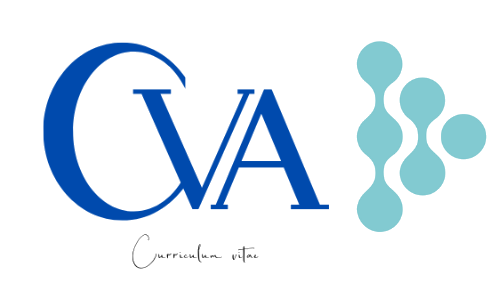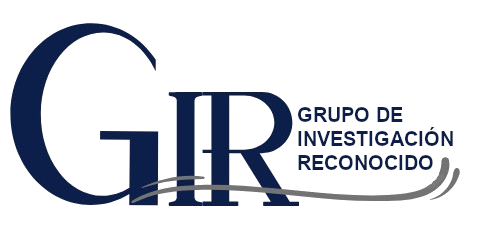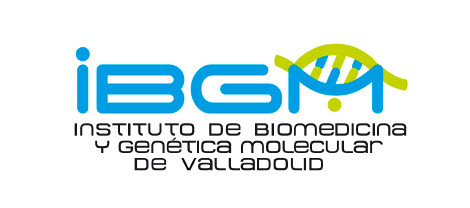
Sendoa Tajada Esteban
Bioquímica y Biología Molecular y Fisiología
Profesor Permanente Laboral
- sendoa.tajada@uva.es
- 04. Dpto. Bioquímica y Biología Molecular y Fisiología. 5º Planta de la Facultad de Medicina. Valladolid.
- 983184822
Bio
My research motivation involves understanding human physiology and discovering new tools to improve of human diseases. After obtaining a BSc in Biology from the UPV/EHU (Leioa), and an MSc in Microbiology, I finished my PhD in Biomedicine (vascular physiology and pathology) in July 2013, under the direction of JR López (MD, PhD) and MT Pérez (MD, PhD) at the IBGM, Universidad de Valladolid. My education and research experience during these years have provided me with a broad background in the physiology field, ranging from vascular diseases to ion channels.
I started my postdoctoral career in September 2013, as a senior fellow under the direction of LF Santana (PhD) in the department of Physiology and Biophysics at the University of Washington (Seattle). During this stage, my research have focused in the study of the TRPV4 channels and their contribution to the vascular tone in parenchymal arteries (PA). Using super resolution (STORM, GSD), TIRF, electrophysiological, computational and advanced calcium imaging tools, I proposed a new model for the regulation of the PA smooth muscle function. In this model, PKCα/AKAP150 and TRPV4 form a dynamic signaling domain that control TRPV4 activity in arterial myocytes. My second project focused on the coupling of CaV1.3 L-type channels in the firing pattern of hippocampal neurons.
I moved to the Department of Physiology and Membrane Biology at the University of California (Davis) in September 2015. During this period, I continued the TRP channels study in the vascular tissue. In addition, I am involved in other projects: “BIN1 induces the formation of T-tubules and adult-like Ca2+ release units in developing myocytes” and “Intracellular and Near-Membrane Dynamics of L-type CaV1.2 Channel”
In 2019, I returned to Spain and I gained a postdoctoral contract from the Universidad de Valladolid program for the incorporation of international scientists into recognized research units to study the calcium channel remodeling in different cancer types, under the direction of L Núñez (PhD) and C Villalobos (PhD).
During the last years, I have investigated the relationship between calcium channels and cancer, as well as the effect of calcium remodeling reversal by polyamine inhibition. Finally, in October 2022, I obtained a position in the Spanish university system, as an assistant professor at the Universidad de Valladolid in the Department of Biochemistry, Molecular Biology and Physiology.









